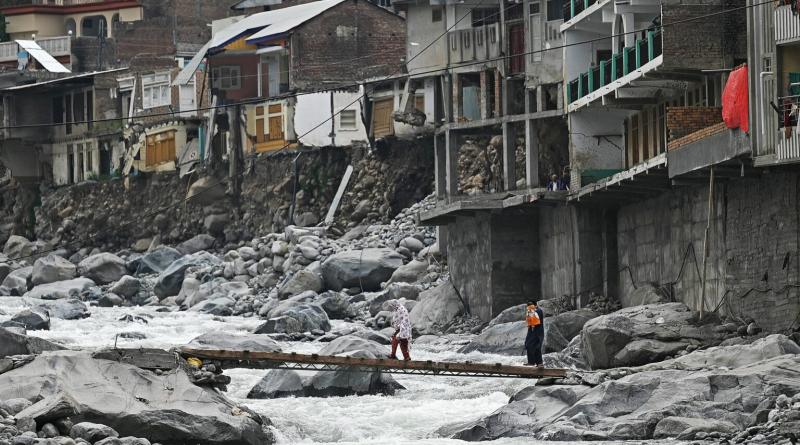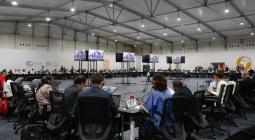Deep Rifts at UN Loss and Damage Talks Cast a Shadow on Upcoming Climate Conference

Developing countries oppose the U.S.-led plan for the World Bank to host the new climate fund, and question the credibility of developed countries that have failed to deliver on other climate promises.
Climate negotiators from rich, industrialized nations and poor countries devastated by global warming are starting one last make-or-break meeting Friday to finalize plans for a new fund to help developing countries pay for climate-related losses and damages that they have done very little to cause. The stalemate thus far in the negotiations shows there is still a wide gap between the climate aid developed countries have long promised and what they are ready to deliver.
Climate policy analysts said a failure to reach an agreement could undermine the COP28 global climate talks being held from Nov. 30 to Dec. 12 in Dubai by eroding what little trust developing countries have toward developed countries.
Loss and damage is a technical United Nations umbrella term for arrangements to cover the cost of permanent and irreversible climate impacts that can’t be mitigated or adapted to. It was first formally mentioned in 2007 at COP13, and grew out of Article 4 in the 1992 United Nations Framework Convention on Climate Change, in which developed countries made a commitment to “assist developing country Parties that are particularly vulnerable to adverse effects of climate change … by providing new and additional financial resources.”
Loss and damage includes impacts like the permanent loss of lands and homes to sea level rise, the costs of rebuilding infrastructure damaged by flooding and the loss of revenue from agricultural crops destroyed due to drought. Globally, climate economists say the measurable annual cost to developing nations will reach an estimated $400 billion by 2030, and soar above $1 trillion by 2050.
PHOTO: Aamir Qureshi / AFP via Getty Images





